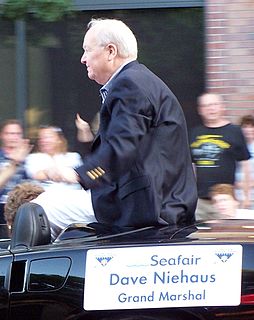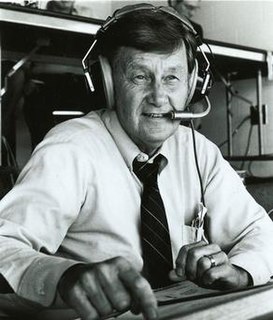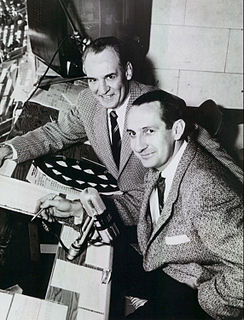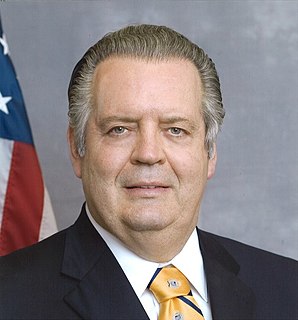A Quote by Mark Mason
In general, salary for land surveyors is often similar to that of a professional engineer or lawyer - surveyors are often "comfortable" but not "wealthy."
Quote Topics
Related Quotes
There are lots of ways to design a workflow - for instance, some land surveyors book their notes by hand, and some use electronic data collectors. Every firm has its own unique way of arriving at the end product. However, from a licensed land surveyor, the product should always be of the same high quality.
There's a popular misconception that property boundaries are based on coordinates that surveyors can simply "walk to" with our instruments. The reality is that, while physical coordination of monuments is easier than it's ever been, property boundaries often need to be determined based on evidence and plans that are old, decrepit, and done with different technology and expectations than we have today.

















